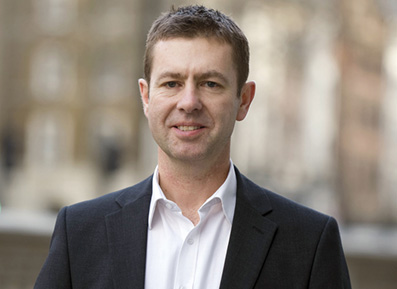We need to look ahead – prevention work with young people is an investment in the future, says Mentor UK’s chief executive Michael O’Toole.
 Many young people do not have access to substance prevention education – and for many that do, it is ineffective or even counter-productive. Prevention needs to be different for all ages and what will be effective evolves as children grow into adolescence then adulthood. It needs to be carefully planned and adapted to maximise its relevance and usefulness.
Many young people do not have access to substance prevention education – and for many that do, it is ineffective or even counter-productive. Prevention needs to be different for all ages and what will be effective evolves as children grow into adolescence then adulthood. It needs to be carefully planned and adapted to maximise its relevance and usefulness.
It is crucial that evidence-based approaches are followed in a variety of settings for young people, as well as the adults in their lives. Not only must prevention be age-appropriate, but there are also different approaches required depending upon risk:
Universal These are broad school and community programmes for all young people to better understand how to resist riskier behaviours.
Selective Some programmes identify issues for sub-groups who are clearly vulnerable to a specific risk and help them to overcome problems particular to them.
Indicated Young people can find ways to reduce specific harms by considering objective and relevant information resources.
One of the common ineffective approaches is to simply provide young people with information about substance harms and their legal status and then expect that safer choices will naturally follow.
Another approach seen to be ineffective is trying to scare young people off drugs through fear arousal or shock tactics. Evidence shows that a holistic approach to the development of values, skills and knowledge, which empowers young people to protect themselves in a range of risky situations, is much more effective.
The UN sets out some key facets of what works in substance prevention:
• Improving the range of young people’s personal and social skills
• Prevention through a series of structured, interactive sessions over multiple years
• Delivery by trained teachers or facilitators
Young people need to be thinking, engaging, discussing and building their own resilience to the risks that alcohol and drugs may present. We know that presenting information alone, especially when intending to evoke a reaction, will not help change behaviour for the better.
 No single approach can prevent a young person experimenting with alcohol or drugs. What we need is to build upon their capabilities and potential, rather than telling them not to misuse substances or trying to scare them. What does work is empowering young people to build upon their skills, knowledge, positive attitudes and ambition to be more resilient. It is therefore critical that we understand their perspective to improve the effectiveness and impact of our work and programmes.
No single approach can prevent a young person experimenting with alcohol or drugs. What we need is to build upon their capabilities and potential, rather than telling them not to misuse substances or trying to scare them. What does work is empowering young people to build upon their skills, knowledge, positive attitudes and ambition to be more resilient. It is therefore critical that we understand their perspective to improve the effectiveness and impact of our work and programmes.
Prevention services are a crucial investment in the future. Public Health England estimates that drug and alcohol harm costs the UK £36.4bn every year, but there is no aggregate sum for the loss of ambition and harm to young people’s futures.
Michael O’Toole is chief executive of Mentor UK. He will be speaking at The National Substance Misuse Conference on 13 September, register at rsbevents.com
